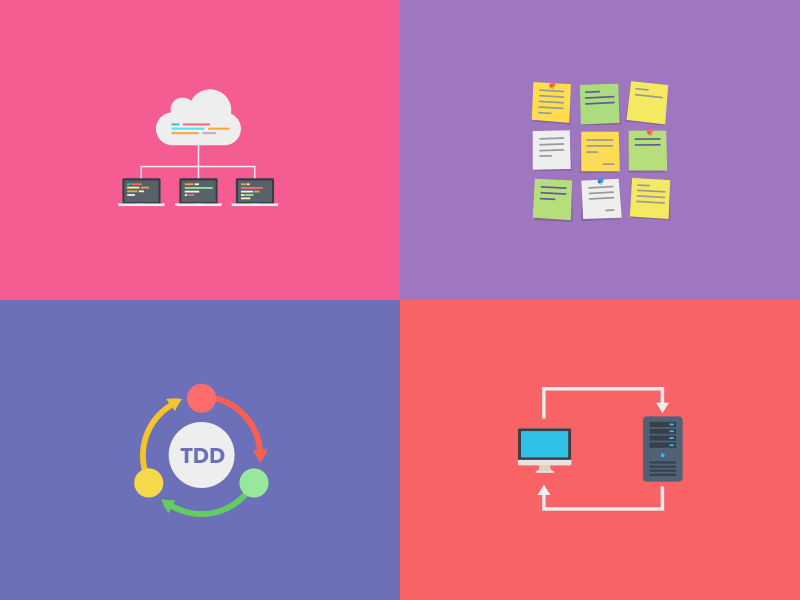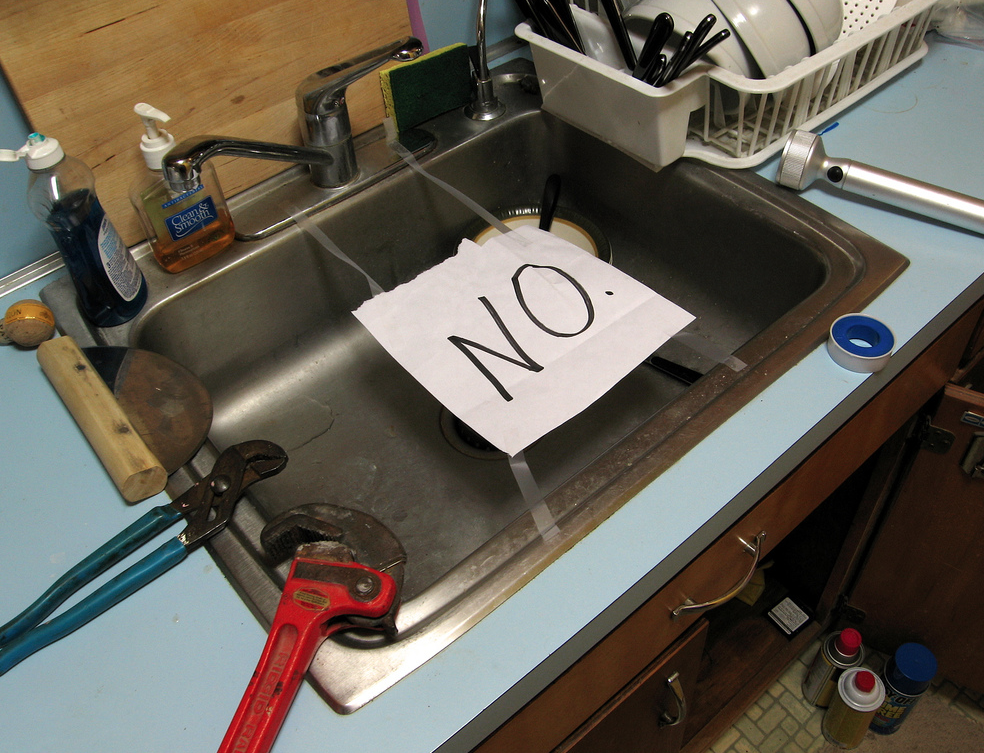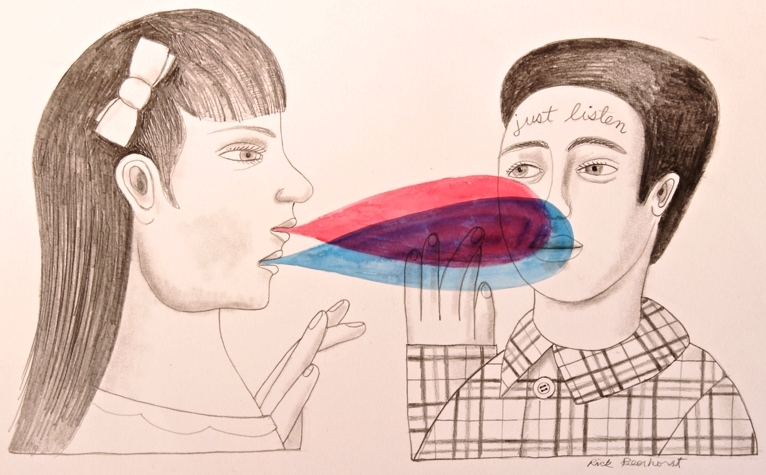Sometimes — actually quite often — I think to myself, “I should learn how to code.” When I’m feeling particularly peppy, I open up a Khan Academy tutorial. Then after a few minutes I get bored and scroll through Twitter instead. Sure, programming languages are cool and useful, but so is geometry, and I don’t spend my free time on that either.

Here’s the thing: if I were the type of person who would be good at coding, I would have already been playing with Python and Ruby for years. I would have been entranced by HTML in fifth grade — instead of learning the rudiments from Neopets and moving on — and I would have branched out from there.
Realistically, I don’t want to learn how to code. I want the social cachet of being able to build stuff using computers, and I want the high salary a programmer can command in today’s labor market. But there are much easier ways to garner social cachet, ways that exploit my comparative advantage. Maybe I won’t make as much money as the wizards who design APIs and put together apps, but that’s just a function of supply and demand. In other words, it’s a reflection of my skills’ economic value, not a reflection of my value as a human being. Besides, I’ll earn enough.

Even if I forced myself to learn to code, I still wouldn’t be competitively good at it, because I’m not interested. There’s nothing in particular that I want to build that I can’t already hack together using basic OSS or otherwise freely available tools. I have found that it’s impossible to teach myself anything that I’m not enthused by, so why bother trying? There are so many subjects that I do find fascinating — better to focus my energy on those areas instead.
I’m giving myself permission to NOT learn how to code. If something changes and I find myself drawn to it, or if I need more technical capabilities to advance a project, I’ll revisit those Khan Academy tutorials. Either way, ¯\_(ツ)_/¯


![Dilbert visits the park. Photo by Ol.v!er [H2vPk].](../wp-content/uploads/2015/10/239344224_504f52fa53_z.jpg)

![Dilbert visits the beach. Photo by Ol.v!er [H2vPk].](../wp-content/uploads/2015/11/193903683_cc97f1cb12_z.jpg)



